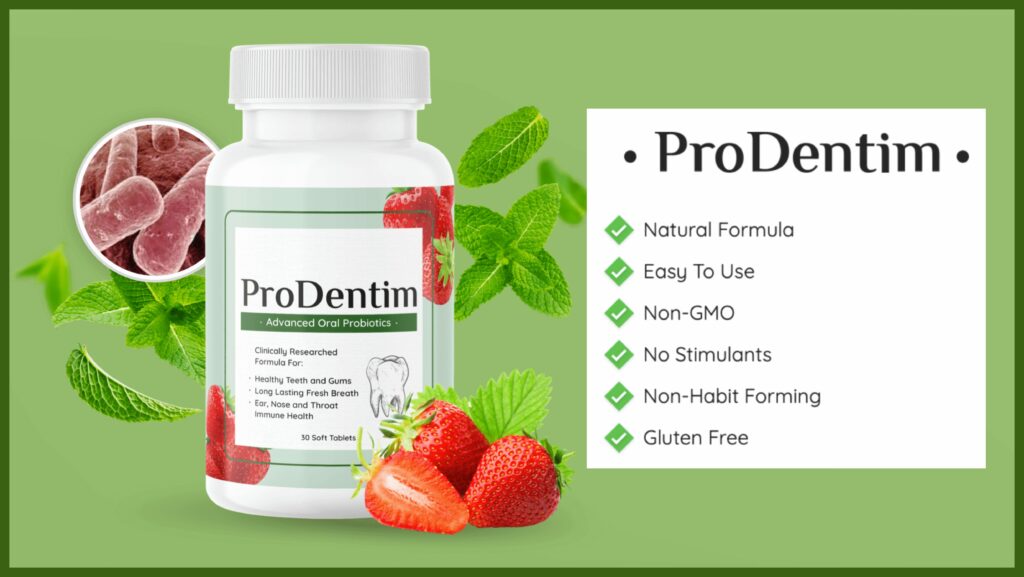How “Good” Bacteria Keep Your Teeth Healthy
The human mouth is a complex ecosystem teeming with microorganisms,
but not all bacteria in your mouth are harmful.
The human mouth is a complex ecosystem teeming with microorganisms, but not all bacteria in your mouth are harmful. In fact, there are beneficial bacteria that play a crucial role in maintaining oral health. These “good” bacteria are part of the oral microbiome, a diverse community of microorganisms that coexist in your mouth. This article will explore the benefits of good bacteria in the mouth and how they contribute to keeping your teeth clean and healthy throughout your life.
The Oral Microbiome
The oral microbiome is a dynamic and diverse community of microorganisms that inhabit the mouth, including bacteria, viruses, fungi, and archaea. While the mouth is home to both beneficial and harmful microorganisms, maintaining a balanced and diverse oral microbiome is essential for oral health.
Benefits of Good Bacteria:
- Dental Plaque Control:
- Good bacteria help control the growth of harmful bacteria in dental plaque, a sticky film of bacteria that forms on teeth. They compete with harmful bacteria for space and nutrients, limiting their growth.
- Production of Antibacterial Compounds:
- Some beneficial bacteria produce antibacterial compounds, such as hydrogen peroxide and lactic acid, which inhibit the growth of harmful bacteria and contribute to a healthier oral environment.
- pH Regulation:
- Good bacteria help maintain a balanced pH level in the mouth. A slightly alkaline pH is essential for preventing tooth decay, as it discourages the demineralization of tooth enamel by acids produced by harmful bacteria.
- Strengthening the Immune System:
- A healthy oral microbiome contributes to a robust immune system. Good bacteria stimulate the immune system’s response to oral pathogens, helping to protect against infections and inflammation.
- Biofilm Formation:
- Beneficial bacteria can form biofilms on tooth surfaces, providing a protective shield against harmful bacteria and preventing them from adhering to teeth.
Specific Good Bacteria: Several species of good bacteria have been identified in the oral microbiome, including Streptococcus salivarius, Streptococcus sanguinis, and lactobacilli. These bacteria play a significant role in maintaining oral health by preventing tooth decay, gum disease, and bad breath.
How to Promote Good Bacteria:
- Maintain Good Oral Hygiene:
- Brushing and flossing regularly help remove food particles and dental plaque, creating an environment where good bacteria can thrive.
- Eat Probiotic Foods:
- Probiotic-rich foods like yogurt and kefir contain beneficial bacteria that can positively influence the oral microbiome.
- Limit Sugar Intake:
- Reducing sugar consumption is essential because harmful bacteria feed on sugars and produce acids that can lead to tooth decay.
- Avoid Antibacterial Mouthwashes:
- Antibacterial mouthwashes can disrupt the balance of the oral microbiome by killing both harmful and beneficial bacteria. Consider using fluoride-based mouthwashes instead.
- Use ProDentim:
- ProDentim Has been proven to promote the good bacteria in your mouth, and also balance the natural microbiome. It’s also easy to use, safe, natural and affordable, especially compared to expensive dental repairs.
Conclusion:
Good bacteria in the mouth are not just passive bystanders; they’re active participants in maintaining your oral health. By understanding the benefits of these beneficial microorganisms and taking steps to promote their growth, you can enjoy cleaner and healthier teeth throughout your life. A balanced oral microbiome is the key to a radiant smile and overall well-being.

